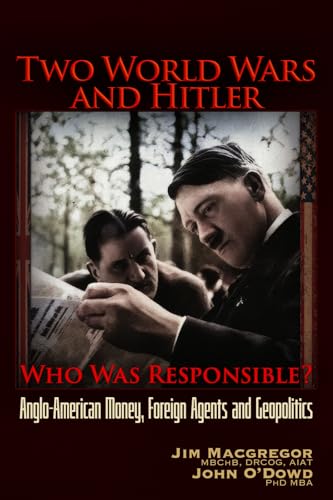
American Writers and World War I
by David A. Rennie
Popularity
2.58 / 5
* A book's popularity is determined by how it compares to all other books on this website.
Where to buy?
Buy from Amazon* If you buy this book through the link above, we may receive a small commission at no extra cost to you.
American Writers and World War I by David A. Rennie
Details
War:
World War I
Perspective:
Researcher
Biography:
No
Region:
North America
Page Count:
250
Published Date:
2020
ISBN13:
9780198858812
Description
Brief Summary
American Writers and World War I by David A. Rennie examines the profound impact of World War I on American literature, focusing on how the war shaped the writing and perspectives of prominent authors. Rennie delves into the works of renowned writers such as Edith Wharton, Ellen La Motte, Mary Borden, Thomas Boyd, F. Scott Fitzgerald, Laurence Stallings, and Ernest Hemingway. By studying their personal and professional lives, the book provides insights into how each writer's experiences influenced their storytelling and portrayal of the war.
Main Themes and Topics
The primary theme of Rennie's book is the intersection of personal experience and literary production during World War I. The author highlights how the war not only changed the political landscape but also left an indelible mark on cultural and literary expressions. Key topics include the transformation of traditional narrative styles, the emergence of new voices in literature, and the exploration of trauma, disillusionment, and camaraderie among the authors. The book also explores the differences in how male and female writers depicted their war experiences, offering a comprehensive view of the era's literary responses to global conflict.
Writing Style and Tone
David A. Rennie employs an analytical and informative writing style, suitable for both academic audiences and general readers with an interest in literary history. His tone is scholarly yet accessible, providing a thorough examination of complex themes without overwhelming the reader. Rennie's approach allows for a deep understanding of the subject matter, providing context and clarity to the diverse responses elicited by the war. By drawing connections between the authors' lives and their works, Rennie creates a narrative that is both engaging and educational.









